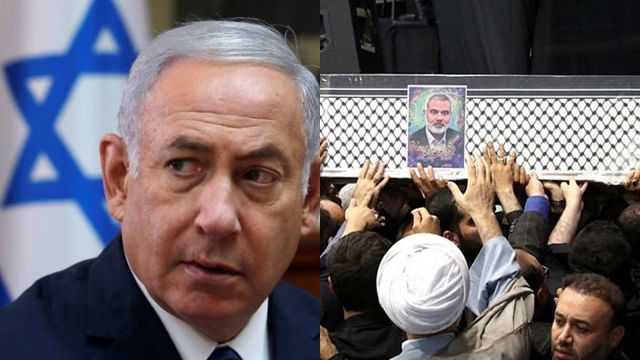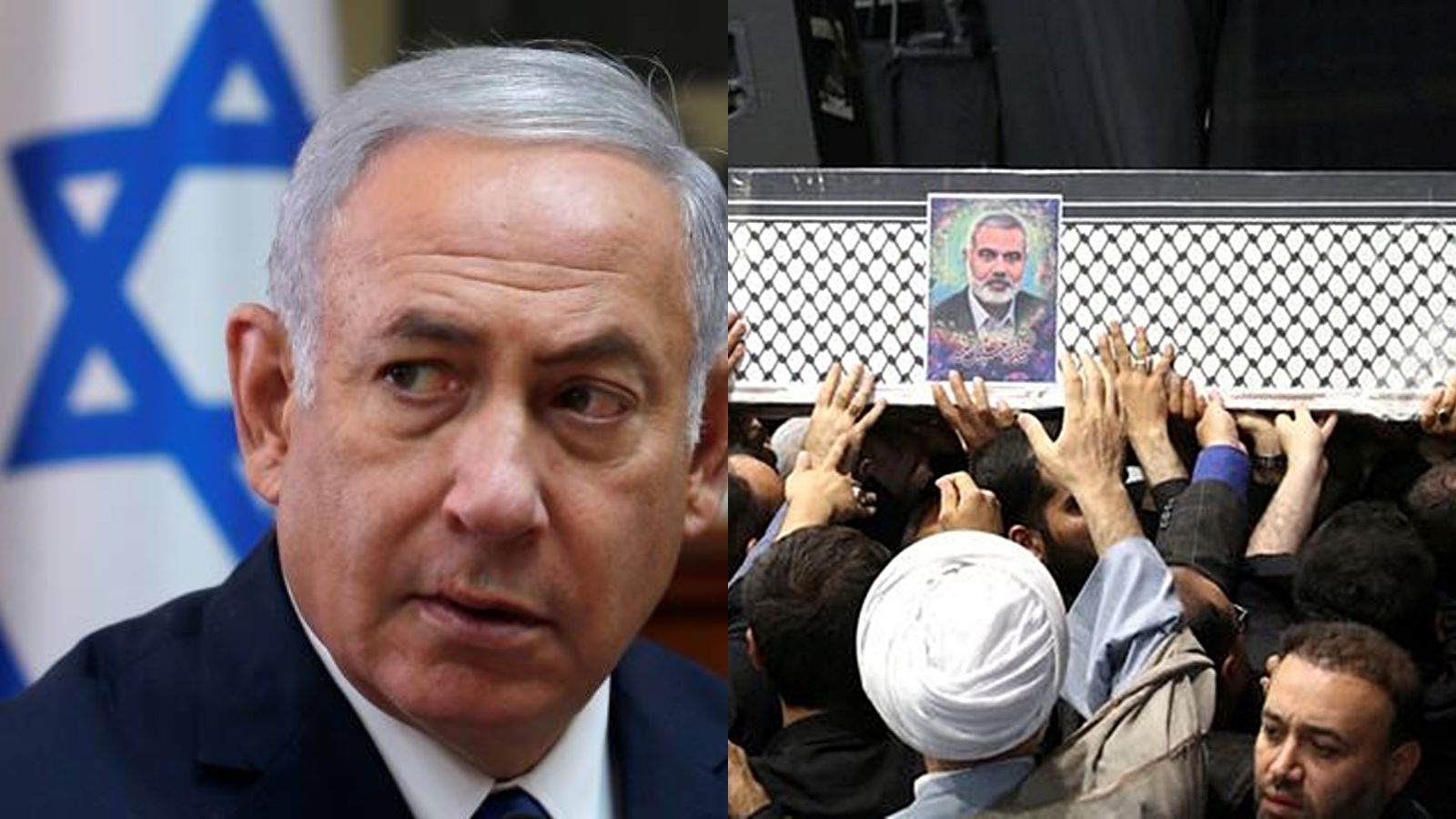
With the killing of Hamas political bureau chairman Ismail Haniyeh, the Israel-Hamas war is at, arguably, its most volatile moment. Israel has not taken responsibility for the assassination, though it did so for the death of Hezbollah leader Fuad Shuk in Lebanon. It is clear that the Israeli army and intelligence have been looking for the Hamas leadership since October 7. “They are living on borrowed time,” said Defence Minister Yoav Gallant declaring that Israel will target leaders of Hamas everywhere.
Will the killing of Haniyeh compel Hamas to accept the deal to free Israeli hostages? Will Iran get involved in the conflict more directly? These questions hang in the air. What is clear is that Benjamin Netanyahu, after his maximalist rhetoric in no less a place than the joint session of the US Congress, has chosen escalation over a ceasefire.
Israeli leaders, in war and peace, tend to derive plenty of domestic appeal, international leverage and attention by showcasing the privileges, invitations and meetings they can get from the American political establishment. Consider this: Netanyahu, a leader who has been controversial for a long time in domestic politics and the international arena, made headlines by addressing, for the fourth time, a joint session of the Congress. Winston Churchill got such a privilege only three times. Netanyahu has been distrusted and criticised for his position on the two-state solution by US presidents including Bill Clinton, Barak Obama and Joe Biden. He is also disliked by many, if not most, in the US Jewish diaspora. In Israel, there are near-daily mass protests over his failure to protect the people on October 7 and his prioritising attacking Gaza over a compromise that could free hostages.
Despite all this, he was invited to address the US Congress largely due to the Republican Party’s desire to show support for Israel to appeal to Jewish and evangelical voters. Biden and most Democrats avoided such an invitation for over two years as they sided with the pro-democracy public protests against Netanyahu’s judicial “reforms”.
There are those in America – Democrats especially – who support Israel as a legitimate state for the Jews (based on the two-state solution of the United Nations and later the Oslo Peace Process), a democracy (albeit contested in the last few years), and an innovative, free market. Many in the Republican party support Israel because of Biblical notions around the holy land of Jerusalem, Jews and Jesus. The neo-conservatives and foreign policy hawks see Israel as an asset in the Middle East. They are hardly concerned about the incremental death of a two-state solution or a Palestinian state.
There are also socio-cultural and religious factors at play. According to Walter Russell Mead – one of the most prolific contemporary scholars of international affairs – gentile Americans are staunch supporters of Israel because they believe “the Jews belonged in the Holy Land and the Holy Land belonged to the Jews. The Jews would never prosper until they were home and free, and the land would never bloom until its rightful owners returned”.
Netanyahu, thus, knew that it did not matter that Biden sided with the pro-democracy movement before October 7 and that he could ignore “red lines” drawn by the White House. He was invited to America by Congressional leaders and House Speaker Mike Johnson, a Republican.
In his speech, he was confident and received standing ovations and applause. He did not appear the leader of a country that is war-torn, with more than a hundred hostages still captive in Gaza and more than 100,000 people in the north of Israel homeless due to rocket and drone attacks from Hezbollah. Nor did he seem to care that international organisations have accused him and his government of war crimes, causing humanitarian crises and indiscriminate killing in Gaza.
Netanyahu said that Israel, by keeping Iran in check, is “protecting you (America)”.
This would have hit Israelis particularly hard – with hostages still with Hamas, deaths from October 7 and beyond on their minds – who were not “protected”.
The assassination of Haniyeh has now made matters all the more precarious. Benjamin Netanyahu has chosen a path of escalation – despite pressure from Joe Biden and others – that should worry the friends and allies of Israel.
Jangid is associate professor and director, Centre for Israel Studies, Jindal School of International Affairs, O P Jindal Global University, Sonipat



